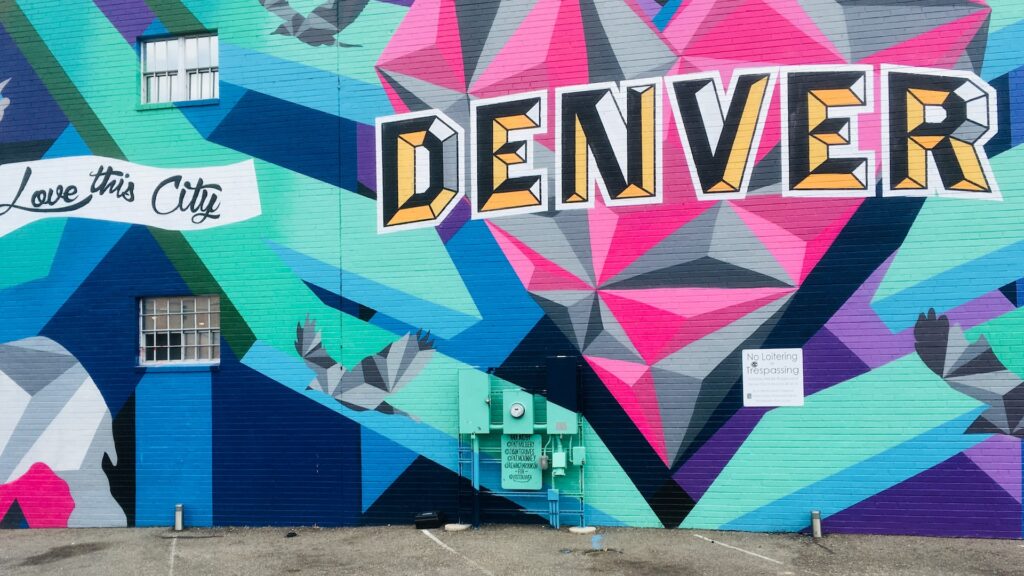Colorado has surpassed $15bn in legal cannabis sales since 2014. However, due to issues such as surplus supply and dropping prices, they are currently facing a decline to the tune of 22% in annual revenues between 2021 and 2022. Additional post-pandemic market challenges, including inflation and impacted consumer purchasing behaviors, are also affecting the overall cannabis industry.
Colorado Has Sold Over $15bn in Cannabis Since Legalization


The Colorado Department of Revenue (DOR) has released its monthly report on cannabis sales for August, the latest available month, showing that adult-use and medical cannabis sales have surpassed $15 billion since the start of legal cannabis sales in 2014.
For more news like this, download our free cannabis news app.
Colorado Sales Trends Over The Years
These sales peaked during the pandemic and have been somewhat on the decline since.
Data shows that Colorado’s adult-use and medical cannabis sales reached a total of $15,028,995,376. Since 2016, the state has sold between $1 to $2 billion of cannabis each year. However, due to surplus supply issues eventually leading to a drop in prices, Colorado’s sales are expected to be lower in 2023 compared to previous years.
Sales are still up compared to the market’s inception in 2014, but they have plummeted sharply since the peak reached during the pandemic.
Annual Sales Performance
The Colorado cannabis market sold nearly $2.2 billion in 2020 and over $2.2 billion in 2021, as many residents were forced to stay in quarantine at home.
Unless cannabis sales pick up in the third quarter of 2023, the annual cannabis sales could be lower than those of 2022, a year in which Colorado cannabis businesses sold $1.7 billion of cannabis, matching the sales of 2019. By the end of August, sales since the beginning of the year amounted to just over a billion dollars.
Denver: The State’s Largest Market
In Colorado’s largest city and capital, as well as the corresponding county, the drop in sales is very pronounced. A report released in July by the city and county of Denver reported a 22% decrease in annual revenues from cannabis sales between 2021 and 2022, marking the most significant annual drop since the launch of legalization.
“In 2021, 31% of Colorado’s total cannabis sales took place in the city and county of Denver,” reads a 2022 municipal cannabis management report. “From 2014 to 2021, the proportion of cannabis sales in Denver compared to all of Colorado’s cannabis sales dropped by 17%, going from 48% to 31%. This declining trend, consistent since the implementation of retail cannabis sales in 2014, indicates that the growth of cannabis sales outside the city and county of Denver has increased more quickly than inside the city.”
Industry Challenges Post-Pandemic
A recent report from the Denver Post analyzed the fallout of the cannabis industry post-pandemic in Colorado. “The market is simply bad. It’s bad right now,” Val Tonazzi, a cannabis seller, told the Denver Post. “There are businesses closing left and right.”
Inflation could also be a factor, with consumers necessarily reducing the purchase of expensive products, Truman Bradley, from the Marijuana Industry Group, explained to local media 9 News.
“The trickle-down effect on employees and customers cannot be overstated,” he said. “If cannabis sales decrease, tax revenues also decrease.”
—
(Featured image by Pieter van de Sande via Unsplash)
DISCLAIMER: This article was written by a third-party contributor and does not reflect the opinion of Hemp.im, its management, staff, or its associates. Please review our disclaimer for more information.
This article may include forward-looking statements. These forward-looking statements generally are identified by the words “believe,” “project,” “estimate,” “become,” “plan,” “will,” and similar expressions. These forward-looking statements involve known and unknown risks as well as uncertainties, including those discussed in the following cautionary statements and elsewhere in this article and on this site. Although the company may believe that its expectations are based on reasonable assumptions, the actual results that the company may achieve may differ materially from any forward-looking statements, which reflect the opinions of the management of the company only as of the date hereof. Additionally, please make sure to read these important disclosures.
First published in Newsweed, a third-party contributor translated and adapted the article from the original. In case of discrepancy, the original will prevail.
Although we made reasonable efforts to provide accurate translations, some parts may be incorrect. Hemp.im assumes no responsibility for errors, omissions or ambiguities in the translations provided on this website. Any person or entity relying on translated content does so at their own risk. Hemp.im is not responsible for losses caused by such reliance on the accuracy or reliability of translated information. If you wish to report an error or inaccuracy in the translation, we encourage you to contact us.



Comments are closed for this post.